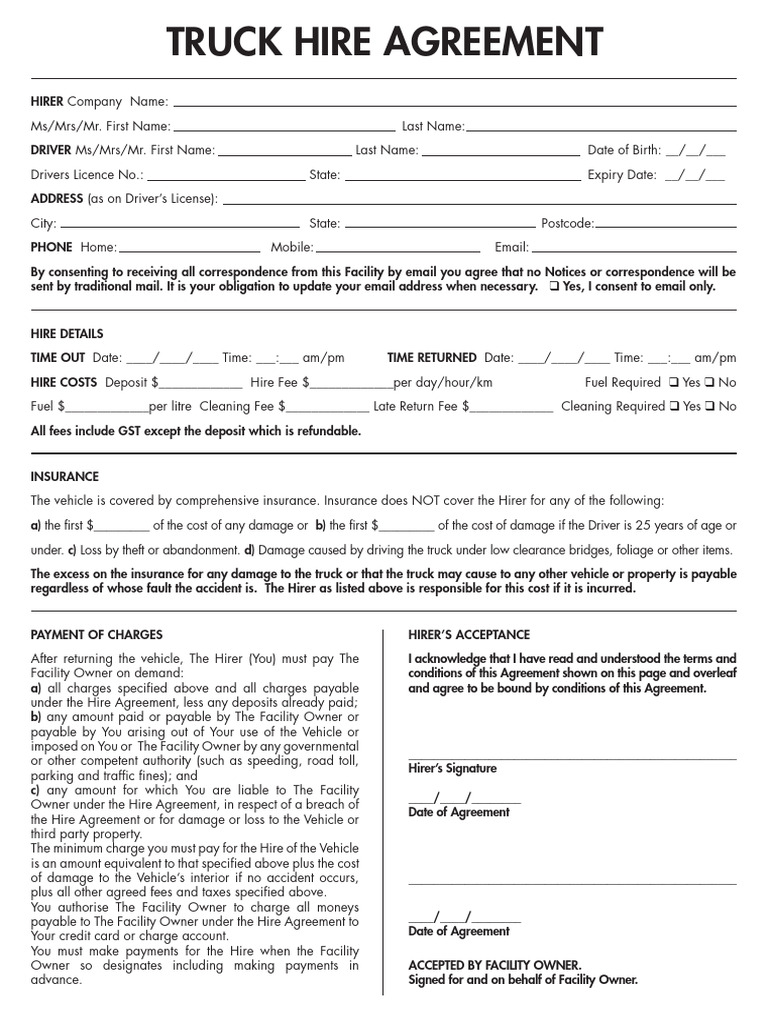In Houston Workers Compensation

Welcome to our comprehensive guide on Workers' Compensation in Houston, Texas. This city, known for its vibrant culture and diverse industries, is also a hub for employment opportunities. Ensuring the well-being and protection of workers is paramount, and that's where Workers' Compensation comes into play. In this article, we will delve deep into the world of Workers' Compensation, exploring its significance, how it works, and its impact on the lives of Houston's workforce.
Understanding Workers’ Compensation: A Necessity for Houston’s Workforce

Workers’ Compensation, often referred to as work comp, is a crucial system designed to provide financial and medical benefits to employees who suffer work-related injuries or illnesses. It serves as a safety net, ensuring that workers can access the support they need without facing significant financial burdens. In Houston, where industries ranging from energy to healthcare thrive, understanding and navigating the Workers’ Compensation system is essential.
The Importance of Workers’ Compensation in Houston
Houston’s economy is driven by a multitude of sectors, including oil and gas, healthcare, manufacturing, and technology. Each of these industries presents unique risks and challenges to workers. From oil rig workers facing hazardous conditions to healthcare professionals dealing with physical strain, the potential for work-related injuries is diverse. Workers’ Compensation steps in to mitigate the impact of these incidents, offering a structured process for claiming benefits and ensuring employees receive the care they deserve.
Moreover, Workers' Compensation in Houston goes beyond individual employee protection. It plays a vital role in maintaining the city's economic stability. By providing a swift and efficient system for injury management, it allows businesses to continue their operations smoothly, preventing prolonged disruptions. This, in turn, benefits the entire community, as a thriving business environment contributes to Houston's overall prosperity.
How Workers’ Compensation Works in Houston
The Workers’ Compensation system in Houston operates under a set of guidelines and regulations established by the Texas Department of Insurance, Division of Workers’ Compensation (DWC). Here’s a simplified breakdown of how it works:
- Injury Reporting: When an employee sustains a work-related injury or becomes ill due to their job, they must report it to their employer as soon as possible. Timely reporting is crucial, as it initiates the process of seeking compensation.
- Medical Care: Injured workers are entitled to prompt medical attention. The employer is responsible for providing authorized medical care, which may include treatments, surgeries, and rehabilitation services. The goal is to ensure the employee's recovery and return to work.
- Compensation Benefits: Depending on the severity of the injury or illness, workers may be eligible for various benefits. These can include:
- Income Benefits: Temporary income support to cover lost wages during recovery.
- Medical Benefits: Coverage for medical expenses related to the work injury.
- Impairment Benefits: Payments for permanent impairments resulting from the injury.
- Death Benefits: Financial support for the families of workers who pass away due to work-related causes.
- Claims Process: To receive benefits, employees must file a claim with their employer's insurance carrier. The carrier will investigate the claim and determine eligibility based on the evidence provided. Timely submission of accurate documentation is essential.
- Dispute Resolution: In cases where there is a disagreement over the claim, employees have the right to appeal. The DWC provides a dispute resolution process, including mediation and, if necessary, hearings before an administrative law judge.
It's important to note that while Workers' Compensation provides essential benefits, it does not cover all aspects of an employee's potential damages. In certain cases, especially those involving severe negligence or intentional harm, injured workers may have the right to pursue additional legal actions beyond the Workers' Compensation system.
Real-Life Examples of Workers’ Compensation Claims in Houston
To illustrate the impact of Workers’ Compensation, let’s explore a few real-life scenarios in Houston:
- Construction Worker's Fall: John, a construction worker, slipped from a ladder while working on a high-rise building. He sustained a severe back injury, requiring immediate medical attention. Thanks to Workers' Compensation, John received prompt treatment and was able to access physical therapy to aid his recovery. The system ensured he could focus on healing without worrying about mounting medical bills.
- Healthcare Worker's Repetitive Strain Injury: Emily, a nurse, developed carpal tunnel syndrome due to the repetitive nature of her job. Workers' Compensation covered the cost of her surgery and provided income benefits while she recovered. This allowed Emily to take the necessary time off without financial strain, ensuring her long-term well-being.
- Oil Rig Worker's Accident: In a tragic incident, Michael, an oil rig worker, suffered severe burns in an explosion. Workers' Compensation not only provided extensive medical care but also offered support to his family during his lengthy recovery. The system ensured they had the financial means to cope with the sudden change in circumstances.
Maximizing Benefits: Expert Tips for Houston Workers

Understanding your rights and responsibilities under Workers’ Compensation is crucial. Here are some expert tips to help Houston workers navigate the system effectively:
- Report Injuries Promptly: Notify your employer immediately after an injury or illness. Delayed reporting can complicate the claims process and potentially affect your eligibility for benefits.
- Seek Medical Attention: Don't delay seeking medical care. Follow your employer's instructions for authorized medical providers, and ensure you receive the necessary treatments to aid your recovery.
- Keep Detailed Records: Maintain a record of all medical appointments, treatments, and communications with your employer and the insurance carrier. This documentation will be invaluable when filing your claim.
- Understand Your Benefits: Familiarize yourself with the types of benefits you may be entitled to. This knowledge will help you advocate for your rights and ensure you receive the full extent of the support you deserve.
- Stay Informed: Stay updated on the progress of your claim. Regularly communicate with your employer and the insurance carrier to address any concerns or questions you may have.
- Seek Legal Advice: If your claim is denied or you face challenges in the process, consider consulting a Workers' Compensation attorney. They can provide valuable guidance and representation to protect your rights.
Workers' Compensation is a complex system, but with the right knowledge and support, Houston workers can navigate it successfully. Remember, your well-being and financial security are paramount, and the system is designed to protect you.
The Future of Workers’ Compensation in Houston
As Houston’s economy continues to evolve, so too will the Workers’ Compensation landscape. Technological advancements, changing workplace dynamics, and emerging industries will present new challenges and opportunities. Here’s a glimpse into the future of Workers’ Compensation in Houston:
Technological Integration
The digital age has brought about significant changes in the way Workers’ Compensation is administered. Houston is poised to leverage technology to streamline the claims process. From online claim submissions to digital record-keeping, the system will become more efficient and accessible, benefiting both employers and employees.
Focus on Prevention
In the coming years, there will be a greater emphasis on injury prevention. Houston businesses will invest in proactive measures to create safer work environments. This may include implementing advanced safety protocols, providing comprehensive training, and adopting innovative technologies to mitigate workplace hazards.
Expanding Coverage
As the gig economy and remote work become more prevalent, the traditional boundaries of employment may blur. Houston’s Workers’ Compensation system will likely adapt to include a wider range of workers, ensuring that those in non-traditional employment arrangements are not left without protection.
Improved Rehabilitation Services
The focus on returning injured workers to their pre-injury state will intensify. Houston will see advancements in rehabilitation technologies and techniques, allowing for more personalized and effective recovery plans. This will not only benefit employees but also reduce the overall cost burden on the system.
Collaboration and Education
To ensure the success of Workers’ Compensation, collaboration between employers, employees, and insurance providers will be key. Educational initiatives will play a vital role in raising awareness about rights, responsibilities, and the benefits of the system. By fostering a culture of understanding, Houston can create a more supportive and efficient Workers’ Compensation environment.
Conclusion: Empowering Houston’s Workforce
Workers’ Compensation is not just a legal obligation; it’s a vital safety net for Houston’s diverse workforce. By understanding the system, workers can protect their rights and access the support they need. As the city continues to thrive and evolve, the Workers’ Compensation landscape will adapt to meet the changing needs of its employees.
Stay informed, stay protected, and let Workers' Compensation be your ally in ensuring a secure and healthy future.
Can I still file a Workers’ Compensation claim if my employer doesn’t have insurance?
+Yes, even if your employer doesn’t have Workers’ Compensation insurance, you may still be eligible for benefits. In such cases, you can file a claim with the Texas Department of Insurance, which will then handle the claim and provide the necessary benefits. It’s important to report the incident promptly and seek legal advice if needed.
What happens if my Workers’ Compensation claim is denied?
+If your claim is denied, you have the right to appeal. The appeals process involves mediation and, if necessary, a hearing before an administrative law judge. It’s advisable to consult a Workers’ Compensation attorney to guide you through the appeals process and protect your rights.
Are there any limitations on the medical treatments covered by Workers’ Compensation?
+Yes, Workers’ Compensation covers authorized medical treatments related to your work injury. It’s important to follow the guidelines set by your employer and the insurance carrier regarding authorized providers and treatments. If there are concerns about the scope of coverage, it’s best to seek clarification from the insurance carrier or consult a legal professional.
Can I pursue a personal injury lawsuit while receiving Workers’ Compensation benefits?
+Generally, receiving Workers’ Compensation benefits precludes you from filing a personal injury lawsuit against your employer. However, there are certain exceptions, especially in cases of gross negligence or intentional harm. It’s crucial to consult a legal expert to understand your options and ensure you are not compromising your rights.



